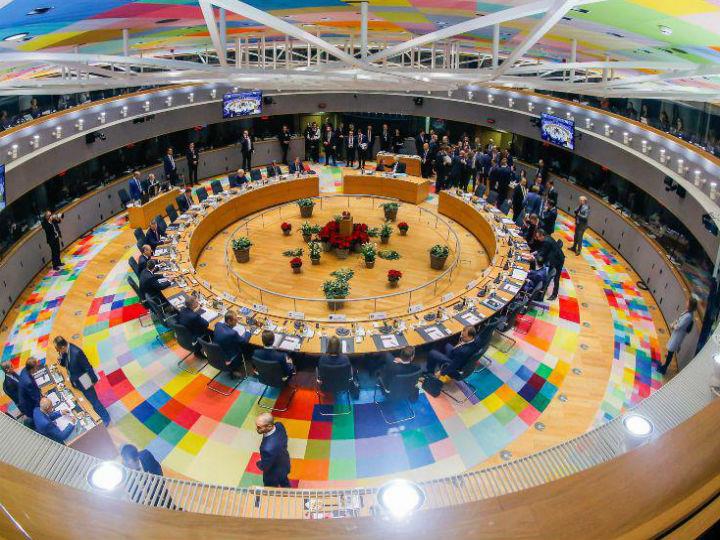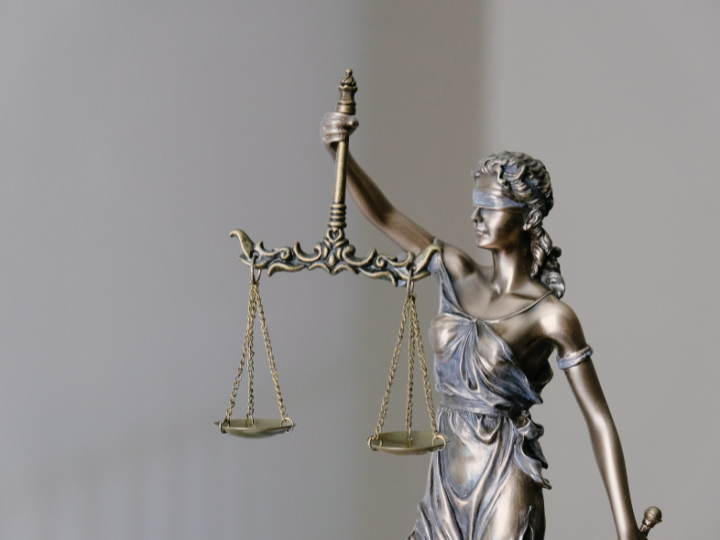by Rosa Balfour*
Τhe European Council summit of July 17–18, 2020, could well become a moment of truth for Europe’s leaders.
To stand up to the challenges of a post-coronavirus world, the EU needs to do three things: counter the looming economic recession, improve the quality of its democracies, and strengthen its foreign policy and global role. The three dimensions are deeply interconnected in ways that are not always obvious.
The persistent economic divergence among member states is a consequence of the halfway construction of the eurozone. Rather than stimulate economic convergence among European regions, the 2008 financial crisis hit countries unevenly, accentuating inequalities between member states. The notion of being in the same boat was lost. Economic divergence leads to divergence of interests, undermining the ability to strike deals, which used to be a trademark of EU politics.
The coronavirus pandemic prompted a change in gear in economic policy, and the solutions identified have the potential to shape the EU’s future beyond simply addressing the contingent crisis. If the proposed recovery fund and Multiannual Financial Framework—the EU’s seven-year budget—for 2021–2027 manage to counter the impact of the recession and set into motion greater economic convergence, it will create the conditions for Europe to bounce back.
Both proposals are designed to give the EU institutions a greater sway on economic policy, while the European Commission is working on raising more of its own resources. These developments could open the way for changes in European governance that the eurozone crisis did not trigger.
The drift among member states in recent years has helped the erosion of democracy within Europe. Populists of anti-democratic inclination exist throughout Europe, but in Hungary and Poland they are systematically breaking down democratic institutions.
These failing democracies are not just a problem for the citizens who lose their political rights and freedoms. They undermine the rest of the EU in several ways.
Firstly, Hungarian Prime Minister Viktor Orban and likeminded nationalist leaders and politicians share a vision of European integration as a loose arrangement of states around the EU’s single market and the redistribution of EU funds—to their benefit—with no interference in domestic politics.
Wittingly or not, the Dutch opposition to the recovery fund’s proposal for grants to Southern European countries without reform conditionality misses the problem—and the point. While the Dutch fixate on making EU funds conditional on economic reforms, the governments of Hungary and Poland have benefitted from vast amounts of EU money and used them to build their support base to curb democracy.
As a result, tying EU funds to rule-of-law conditions will be a major political headache, caught between the push to support the countries economically most hit by the pandemic—such as Italy and Spain—and the need to ensure that EU funds do not prize backsliding democracy.
Secondly, to strengthen this loose vision of the EU, Orban and others are building alliances with several odd bedfellows, united by little more than a utilitarian view of the EU—otherwise their nationalist priorities would be mutually exclusive.
In the run-up to the 2019 European Parliament elections, Orban, Marine Le Pen, Matteo Salvini, Geert Wilders, and other European far-right party leaders campaigned together. This relationship-building has continued, most recently during a conference bringing together the Hungarian and Slovenian prime ministers and the Serbian president—another autocrat in the making whose country wants to join the EU.
The stronger the group of states that oppose deepening European integration, the more likely it is to be able to block decisionmaking. This was painfully obvious in 2015–2016 when four countries spearheaded by Hungary refused to accept the relocation of migrants at the height of the refugee crisis.
Since then, these blockages have spilled into foreign policy; the erosion of democracy within Europe is having an impact on the global role of the EU—the third dimension where the EU needs a shift in strategic thinking to address the multiple and dangerous challenges coming from a destabilized and leaderless world.
Member states are hopelessly divided over responding to Turkey’s adventurism in the Eastern Mediterranean and Libya, despite the threats this poses directly to the EU. Few will deny that the 2016 EU-Turkey deal designed to engage Ankara in keeping Syrian refugees away from EU borders is tying the EU’s hands in dealing with these other issues.
Old national preferences on foreign policy mix with new attempts to sow discord within the EU, laying bare how difficult it is for the EU to act geopolitically—as the institutions’ new leadership aims to do, be it with China, in the Middle East, or with Russia.
But foreign policy is not all about geopolitics, and, despite its divisions, the EU is well placed to raise its ambitions in a pandemic-stricken world.
The first two thirds of a recent speech made by High Representative for Foreign Affairs and Security Policy and Vice-President of the European Commission Josep Borrell during a global debate hosted by Carnegie Europe were devoted to health and the economic recovery, not just security.
International diplomacy around finding a vaccine against the coronavirus, promoting international policies to fight the climate crisis, diversifying supply chains to diminish dependency on China, and engaging partners in developing a green and digital economy are part and parcel of foreign policy. And on trade and aid, the EU continues to be the strongest global actor.
The trouble is, Europe’s narrative about strength rarely focuses on where its real assets lie. But building a vision around defending global public goods can be the basis for reconstructing the multilateral international order and promoting a leadership role for Europe.
Pursuing the EU’s strengths, at a time of fragility of the international system and reckless global leadership, could help reframe the discussion and raise the ambition, however an uphill struggle this may be. Key to that is understanding the linkages between Europe’s internal struggles and external pursuits.
Far from being an island or a fortress, Europe is immersed in the world around it; how the EU’s leaders manage to disentangle its domestic and international challenges is deeply connected to its future global role.
*director of Carnegie Europe
**first published in: carnegieeurope.eu




 By: N. Peter Kramer
By: N. Peter Kramer
